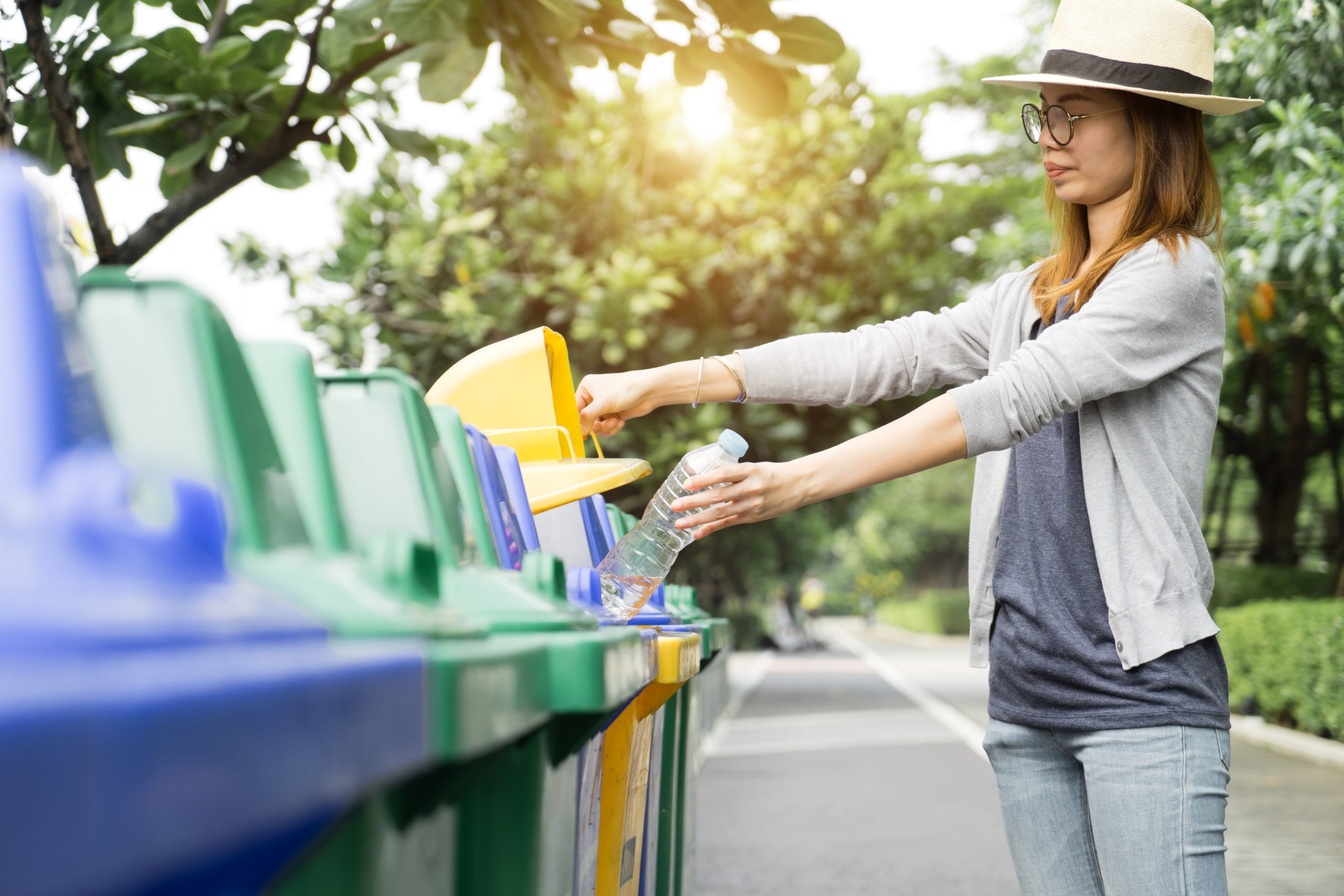It’s a known fact that humans are the main culprits of the world’s unending amount of waste. And unfortunately, every waste you contribute to the landfills can adversely affect the land you live on, the water you drink, and the air you breathe. Thus, being the wrongdoers of the Earth, it’s also essential that you come up with strategies to manage your waste sustainably and save what’s left of the planet.
Defining Sustainable Waste Management
Sustainable waste management is the practice of collecting and managing your waste materials at home to make sure they’re recycled or disposed of properly. With this, you need to manage your waste in a way that doesn’t further harm the environment. This practice aims to minimize your waste as much as possible while reducing the consumption of natural resources. It’s everyone’s responsibility to sustainably manage your waste to save the environment and preserve it for future generations.
So, how can you help manage your waste and work in preserving the plant? Here are five waste management practices you can do at home to help you live sustainably:
1. Reduce, Reuse, Recycle
You’ve probably heard this many times before, and it’s even used as a slogan for green movements. But practicing this at home can also do wonders for the environment.
So, before you dispose of your waste right away, see if you can still reuse and recycle them. It’s ideal to have separate bins at home for different waste types such as biodegradables, non-biodegradables, hazards, and glasses. This way, it’ll be easier for you to check your trash like plastic cups, bottles, and so on.
Then, you can either reuse them or recycle them for new purposes. You can also call a service of rubbish removers, and they’ll pick up your waste and recycle them for you, leaving the landfill as the last option. After reusing and recycling some of your junk, you’ve successfully helped minimize your contribution to the landfills.
2. Donate Unwanted Items
Not everything you don’t use should be thrown in your garbage bin. Instead of dumping them right away, donating them might be the best option. Not only are you protecting the environment from more waste, but you’re also helping the people who receive them. So, every once in a while, check your closets, drawers, and even your furniture pieces and see if you have items you no longer need. You can even donate your extra things and products like soap, skincare products, and shampoos.
3. Go Paperless
Despite living in the digital world, many households still use a lot of paper in their day-to-day lives. Cutting off your paper use is a great way to become sustainably responsible in reducing your waste and giving back to mother nature.
Here are some tips to help you live sustainably and go paperless:
- Unsubscribe from magazine and newspaper production and opt to get a digital copy.
- Request for electronic bills.
- Use an app to create a to-do list instead of sticky notes.
- Use digital signup forms.
- When saving important documents, use cloud storage.
- Use hand dryers or cotton towels instead of paper towels.
It’s also a good idea to buy a paper shredder, so you can shred your used paper into tiny pieces and contribute them to recycling companies. These companies will then recycle them to make new papers or other products like Styrofoam. What’s more, you can also use shredded paper in your compost pit.
4. Compost Your Food Waste
Composting your food waste is a more environment-friendly approach compared to throwing them right away in trash bins. Some food waste you can compost may include excess vegetables and fruits, eggshells, fruit and vegetable peels, inedible food leftovers, greasy pizza boxes, tea bags, coffee filters, and much more. Through this practice, the food waste will serve as organic fertilizer for the soil, especially if you have a garden to tend to.
5. Avoid Using Single-Use Items
If you frequently use single-use items like disposable cups, plates, lunch boxes, plastic bags, and bottles, you’re more likely to produce more waste at home. So, instead of purchasing these items, switch them to reusable ones such as stainless-steel utensils, plates, Tupperware containers, eco-bags, and coffee mugs. The lesser disposable items you use, the less waste you’ll need to manage.
Takeaway
Saving the environment and managing your waste don’t require large movements and elaborated projects. The best way to live sustainably and reduce waste is by changing your habits and lifestyle choices at home. Consider the ideas mentioned here as you practice waste management.

